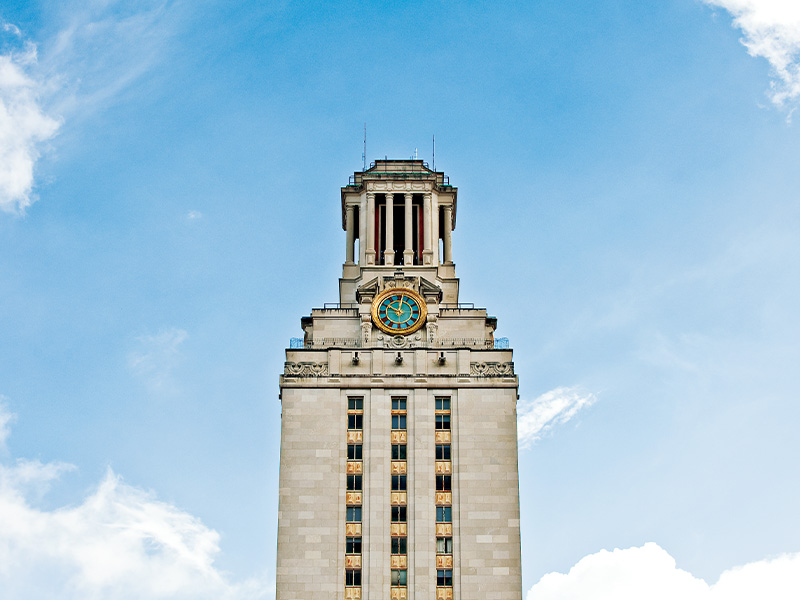
Four faculty members from the Cockrell School of Engineering at The University of Texas at Austin have been selected to receive Faculty Early Career Development (CAREER) Awards totaling more than $1.5 million from the National Science Foundation.
Launched in 1995, the awards are the most prestigious offered by the NSF’s CAREER Program, providing up to five years of funding to junior faculty who exemplify the role of teacher-scholars through outstanding research, excellent education and the integration of education and research within the context of their organizations’ missions. This year, NSF celebrates 20 years of CAREER Awards, and Texas Engineering has had faculty recipients every year for the past 19 years.
The four Cockrell School faculty members who received awards are:
Behcet Acikmese, an assistant professor in the Department of Aerospace Engineering and Engineering Mechanics, was awarded for his project “Real-time Convex Optimization for High-Performance Control of Autonomous Systems.” In this work, Acikmese will build innovative mathematical and computational methods of decision-making for control of next-generation high-performance autonomous systems. A variety of emerging technologies deploy autonomous systems, including self-driving vehicles, rescue robots, mobile sensors for environmental monitoring and power networks. Acikmese is working on making these systems safer and more reliable through developing software that could one day enable autonomous systems to have more human-like decision-making capabilities.
Michael Baldea, an assistant professor in the McKetta Department of Chemical Engineering, was awarded for his project, “Integrated Production Management and Process Control of Energy-Intensive Processes.” This project aims to address the interaction of energy-intensive chemical process systems with the power grid. The goal is to develop novel, integrated production scheduling and supervisory control techniques, which will allow for better synchronization of the operation of manufacturing systems with the grid by, for example, increasing production at off-peak hours and lowering production rates at peak times when grid demand is high. The award will also support Baldea’s education and outreach efforts, which aim to introduce middle school students from low-income families to science, technology, engineering and math (STEM) education, and assist their efforts to become first-generation college graduates.
Todd Humphreys, an assistant professor in the Department of Aerospace Engineering and Engineering Mechanics, was awarded for his project, “Secure Perception for Autonomous Systems.” Humphreys’ project aims to identify and address vulnerabilities in emerging autonomous systems, such as unmanned aerial vehicles, self-driving cars and smart power grids. Humphreys is particularly interested in a new category of cyber-physical threat, the so-called field attack, which attempts to mislead an autonomous system by falsely manipulating the physical fields that the system’s sensors were designed to measure. The project’s goal is to develop an analytical foundation for security in the presence of field attacks and to develop a suite of algorithms and tools to detect such attacks.
Mohit Tiwari, an assistant professor in the Department of Electrical and Computer Engineering, was awarded for his project, “Exo-Core: An Architecture to Detect Malware as Computational Anomalies.” Today, intelligent malware can subvert the best software-level defenses by impersonating benign processes on mobile devices or by attacking victim processes through the hardware on shared data center servers. Tiwari’s project aims to combat intelligent malware by advancing the hardware-software organization of computer systems.
